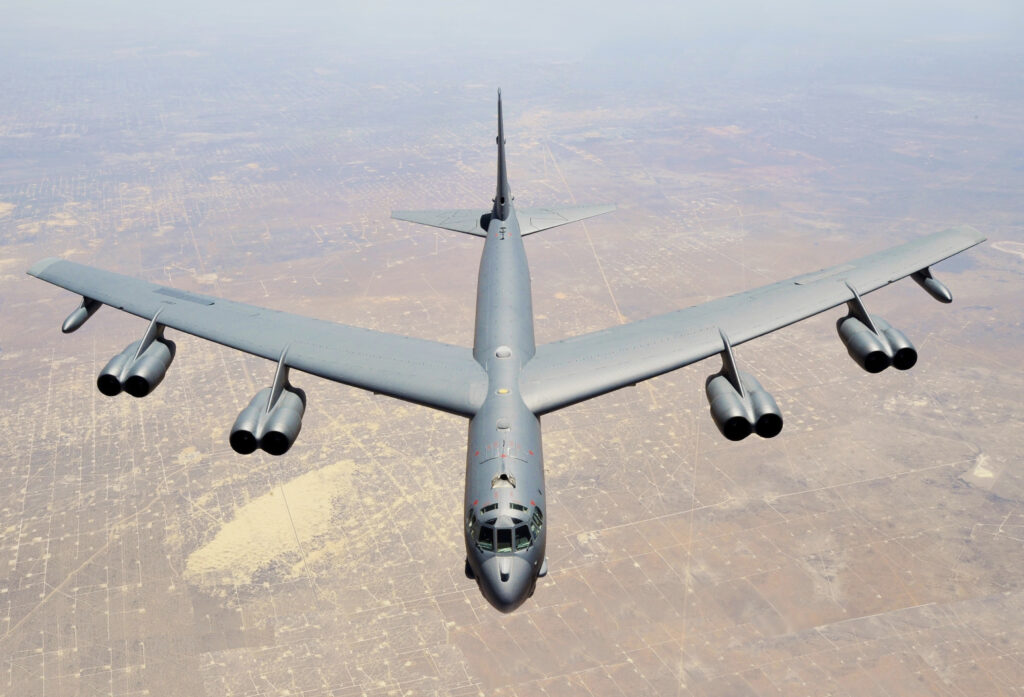The Present and Future of the Defense Budget

I have thoughts on US defense spending at the National Security Journal:
The United States has a huge defense budget. U.S. spending accounts for 37% of the global total, burdening the economy to the tune of 3.4% of GDP.
The United States has the largest budget in NATO by a large margin, representing 68% of overall NATO spending.
But the US does not dominate as it did a generation ago or even a decade ago. As defense spending surges worldwide, Chinese, Russian, and Indian spending has all accelerated.
While the US spends some 9% more on defense than it did in 2014, China spends 60% more and Russia 57% more.
US allies have also stepped up their efforts. Britain, France, Germany, and Japan have all notched double-digit increases in spending over the past decade; the Poles have increased their budget by a whopping 181%.
Some additional thoughts… Discussions about the defense budget are fraught with myths. One myth (which inspired this column after it came up in comments) is that the United States continues to dominate global defense spending to the extent of spending more than everyone else combined. This was the case during much of the 1990s and the Aughts, but it’s certainly not true any more, and the more sophisticated the analysis (taking into account Purchasing Power Parity and extra-budget expenses) probably makes it even less true. Another myth is that it would be a good idea to attempt to recapture the advantage the US had during this period; trying to stay that far ahead of China would be absurd at this point.
Another is that the defense budget represents a critical drag on the US economy. 3.4% of GDP is high in comparison to other countries today, but it is much lower than the US defense burden of the Cold War and the Wars on Terror. There’s just not much evidence that US defense spending is actively harmful to the health of the US economy, although a very good case can be made that funds could be spent more productively on other priorities.
In terms of cuts… I make the case in the column that it’s hard to imagine substantial cuts in the budget in the near or medium future. The time to take the “peace dividend” was the 1990s (when we did) and the 2000s (when we very much did not. Even with substantial changes in our strategic posture it’s hard to see the budget declining much in real terms, and in fact neither Trump nor Harris are envisioning such cuts.
Other links:
- Rebuilding Russia’s military from a human capital standpoint.
- JAPANESE AIRCRAFT CARRIER SIGHTED OFF THE WEST COAST!
- The Russians are pushing back in Kursk. The Ukrainians cannot hold this territory; the question is how much damage they’ll give and take on the way out.
- The Canadian Army’s 3D printing library…
